We are stuck on Band-Aids and hooked on hygiene and self-care according to the Most Trusted Brands 2022 study from Morning Consult.
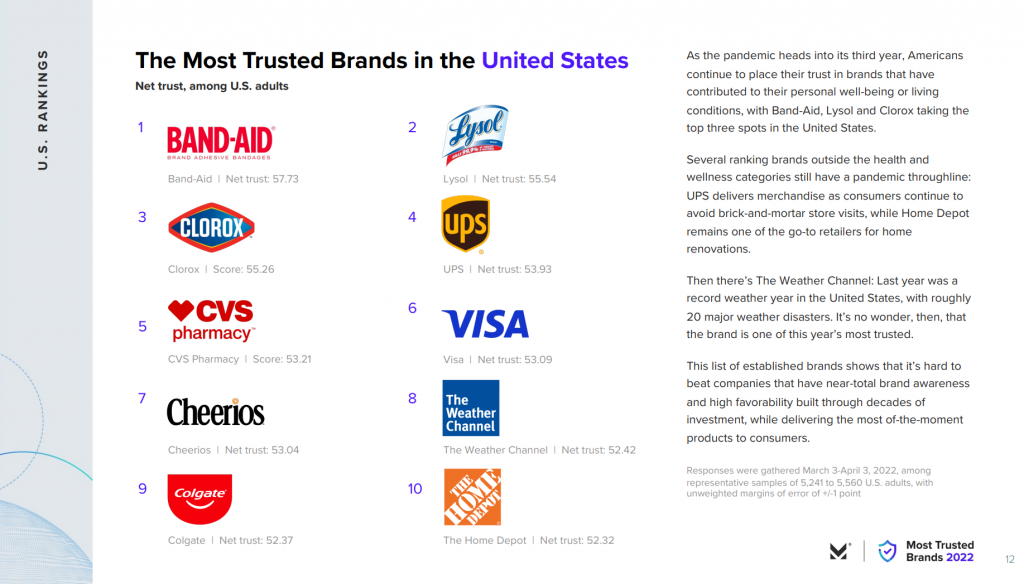
In 2022, the most trusted brands in the United States were
- Band-Aid
- Lysol
- Clorox
- UPS
- CVS Health (pharmacy)
- VISA
- Cheerios
- The Weather Channel
- Colgate, and
- Home Depot.
These products and companies sustain trends I tracked in Years 1 and 2 of the COVID-19 pandemic when several of these were most-trusted, bolstering peoples’ lives living in, working from, and making health at home.
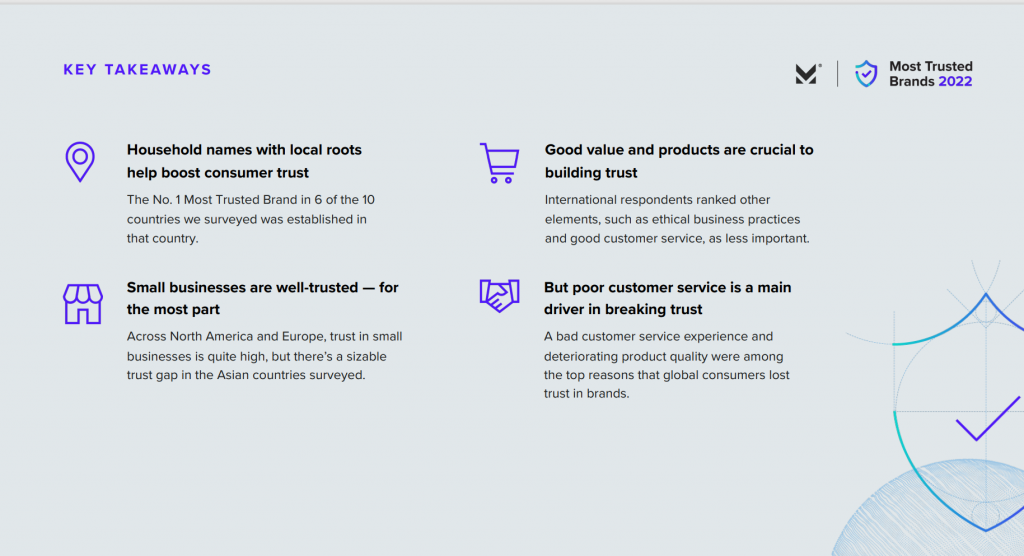
Four key trends underscore Morning Consult’s brand takeaways:
- Local names bolster consumer trust in terms of peoples’ growing sense of nation-love and -security (such as “Brand USA”)
- Small business are generally more trusted than Big Business (especially in North America and Europe)
- Good value is key to consumer trust in 2022 – as cash grows tighter with people facing inflation in food prices, petrol, energy, and household products
- Poor customer service can erode trust even with fair pricing.
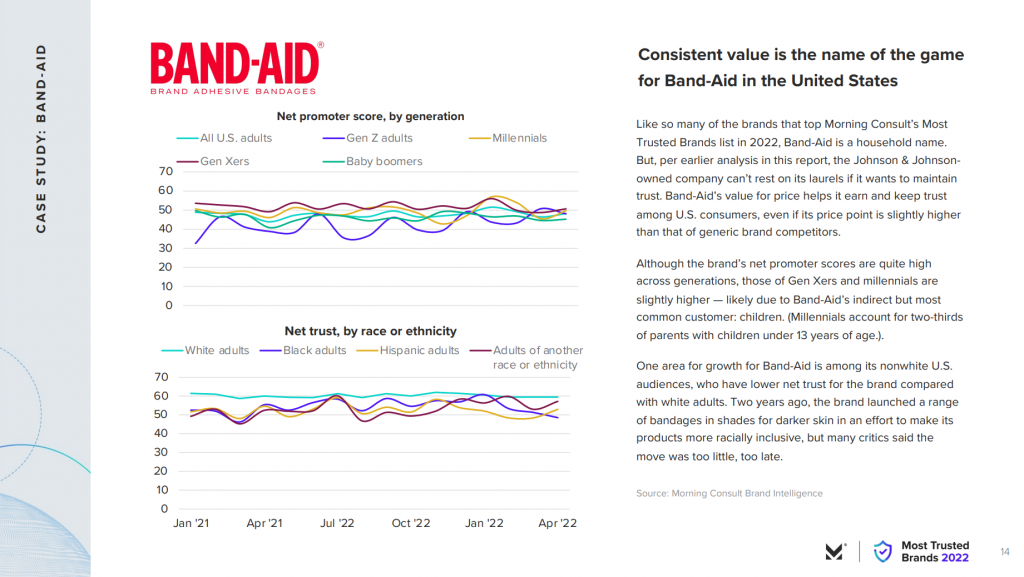
A particularly interesting brand-trust story in our health/care ecosystem is for Band-Aid. Consumers view the brand as high-value consistent over time, even if higher-priced than private label store brands.
Two consumer groups are important factors in the brand’s current status: people of color, and Millennials and Gen Xers with kids.
Band-Aid grew its portfolio two years ago launching bandages in darker skin shades to try and be more racially inclusive. Morning Consult points out that some critics called the move “too little, too late,” but other analysts applauded the move.
Taking account of the top 10 brands in full, we can see consumers trusting brands which help them bolster hygiene at home, financial health, ecommerce, and home renovation and upkeep — all contributing to peoples’ health hubs at home across the many pillars of well-being.
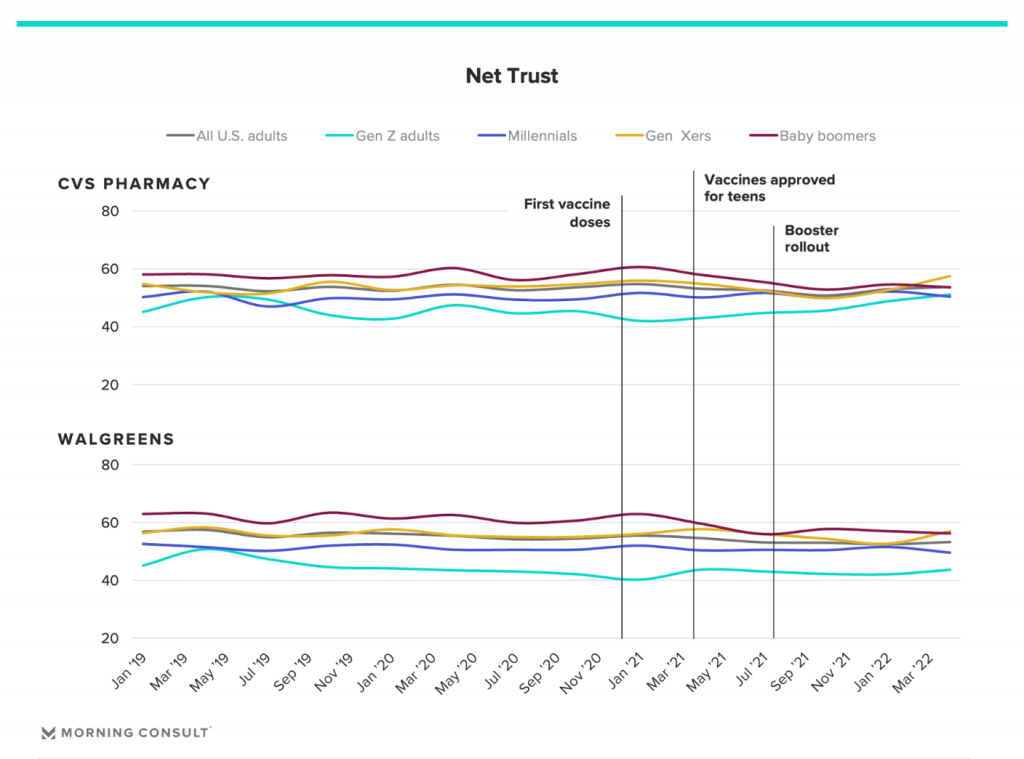
Health Populi’s Hot Points: In other health care brand stories, Morning Consult took a deeper dive looking at the brand-trust positions of the two largest retail pharmacy/health companies operating in the U.S.: CVS Health and Walgreens.
Both companies saw relatively steady levels of trust among consumers from before the pandemic’s first doses of vaccines through the rollout of booster shots, shown in the graph.
Trust levels, though, varied by generation: more Boomers tended to trust these companies compared with Gen Z consumers.
These two companies have their roots and original business models in retail pharmacy….today, they are morphing into health/care providers and service organizations, especially in an increasingly crowded and creative primary care market-space. Both, too, are attending to mental health in those service portfolios, and both focusing efforts in local care and determinants of health initiatives.
They will be joined and complemented by grocery stores and other retailers who are making investments in health and wellness in the post-COVID environment. Some of these will join/collaborate with and complement legacy health systems, hospitals, and community-based providers. That’s on the supply side.
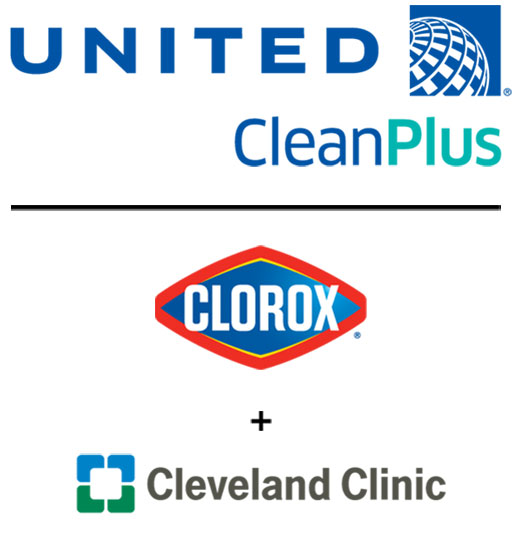
A good example of the cross-industry collaboration boosting health and trust where people live, work, play, learn and fly….is the collaboration between Cleveland Clinic, United Airlines, and Clorox which I wrote about here in Health Populi. Note that Hilton Hotels began to partner with Lysol in June 2020, just a couple of months into the pandemic.
On the demand side, post-pandemic consumers now face pricing and household budget pressures which can crowd out health care spending. As and when retail health providers can fill trusted roles providing value-driven services that serve people in and closer-to-home, self-care will help to shape healthcare from the ground up, from home.


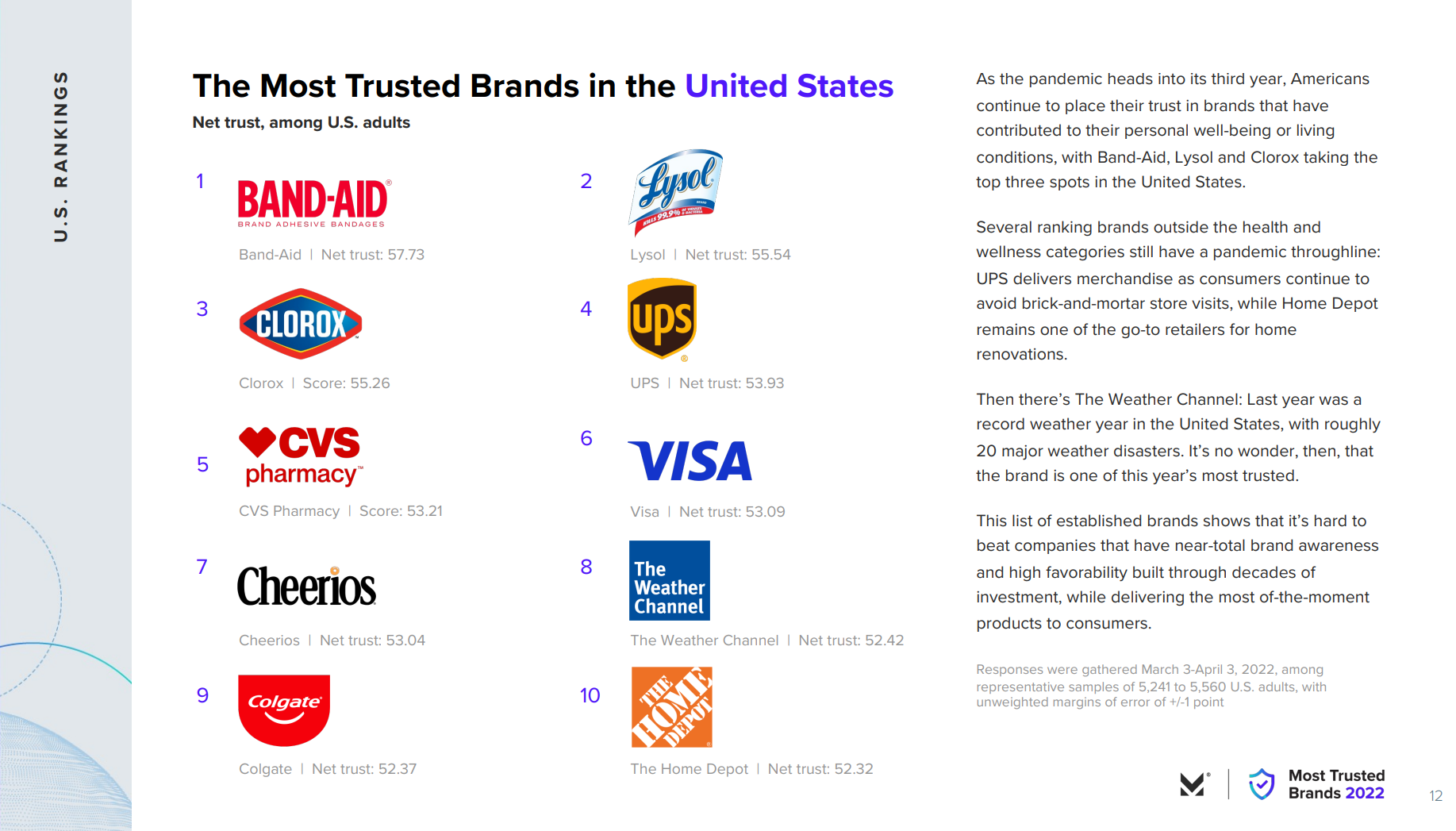


 Interviewed live on BNN Bloomberg (Canada) on the market for GLP-1 drugs for weight loss and their impact on both the health care system and consumer goods and services -- notably, food, nutrition, retail health, gyms, and other sectors.
Interviewed live on BNN Bloomberg (Canada) on the market for GLP-1 drugs for weight loss and their impact on both the health care system and consumer goods and services -- notably, food, nutrition, retail health, gyms, and other sectors. Thank you, Feedspot, for
Thank you, Feedspot, for  As you may know, I have been splitting work- and living-time between the U.S. and the E.U., most recently living in and working from Brussels. In the month of September 2024, I'll be splitting time between London and other parts of the U.K., and Italy where I'll be working with clients on consumer health, self-care and home care focused on food-as-medicine, digital health, business and scenario planning for the future...
As you may know, I have been splitting work- and living-time between the U.S. and the E.U., most recently living in and working from Brussels. In the month of September 2024, I'll be splitting time between London and other parts of the U.K., and Italy where I'll be working with clients on consumer health, self-care and home care focused on food-as-medicine, digital health, business and scenario planning for the future...